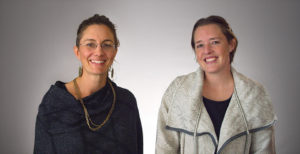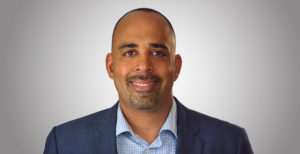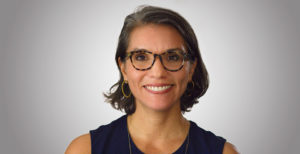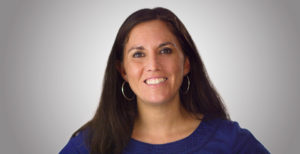Project Overview
By the end of this century, at least 414 towns and cities across America will be partially underwater from sea-level rise and accelerating extreme storms—each with a unique local history and culturally important sites at risk of washing away. Leveraging heritage tools to serve social needs, Rising Tides will create a new online matchmaking platform that connects pro bono experts with climate-affected communities. Whether taking on archaeological work in Alaskan villages or oral histories in Mississippi’s historic black communities, the project seeks to safeguard heritage by connecting national expertise to some of the 13 million Americans who stand to be displaced due to rising waters in the coming years. Drawing on experience working with community champions from Alaska to American Samoa through America’s Eroding Edges, a partnership with the National Trust for Historic Preservation, Rising Tides will initially focus on bringing technical assistance directly to small and medium-sized towns that are geographically remote and socioeconomically vulnerable. By connecting communities with volunteer professionals looking to donate skills—from a 1-hour consultation to a fully fledged cultural resources management plan—the project seeks to build social cohesion, preserve historic sites, and empower local traditions to withstand climate threats.
Five Questions
Learn more about this project
Meet our other 2017 awardees

Western North Carolina
Connecting cultural heritage, youth retention, and economic revival, The Industrial Commons helps small to mid-size manufacturers convert to worker-ownership.

Washington, D.C. and San Diego, CA
Seeking to restore imperiled coral reefs, Coral Vita is leveraging for-profit tools to build a network of high-tech coral farms.

California
Seeking to reimagine the legal profession, Esq. Apprentice creates a no-cost pipeline for low-income youth of color to become fully licensed attorneys.

Neighborhood Opportunity and Accountability Board (NOAB)
California
A neighborhood-led model for youth justice seeks to re-route resources spent on locking youth up, and instead invest in young people and their communities.

Swapna Reddy &Elizabeth Willis
Asylum Seeker Advocacy Project (ASAP)
New York
ASAP offers a model for “lawyering in a crisis” by crowdsourcing short-term volunteers to provide rapid legal services to asylum-seeking families.

California
Through the nation’s first farm labor trust, immigrant farmworkers are reaping the benefits of worker-ownership while strengthening America’s food economy.

Texas
Jolt is pioneering a Latino youth-led movement across Texas to fight for stronger immigrant protections and rewrite the immigration narrative.

Ho‘oulu Pacific
Hawaii
Ho‘oulu Pacific’s win-win model of “distributed agriculture” provides income for household farmers and healthy, affordable food for Hawaiians.

 Learn More
Learn More